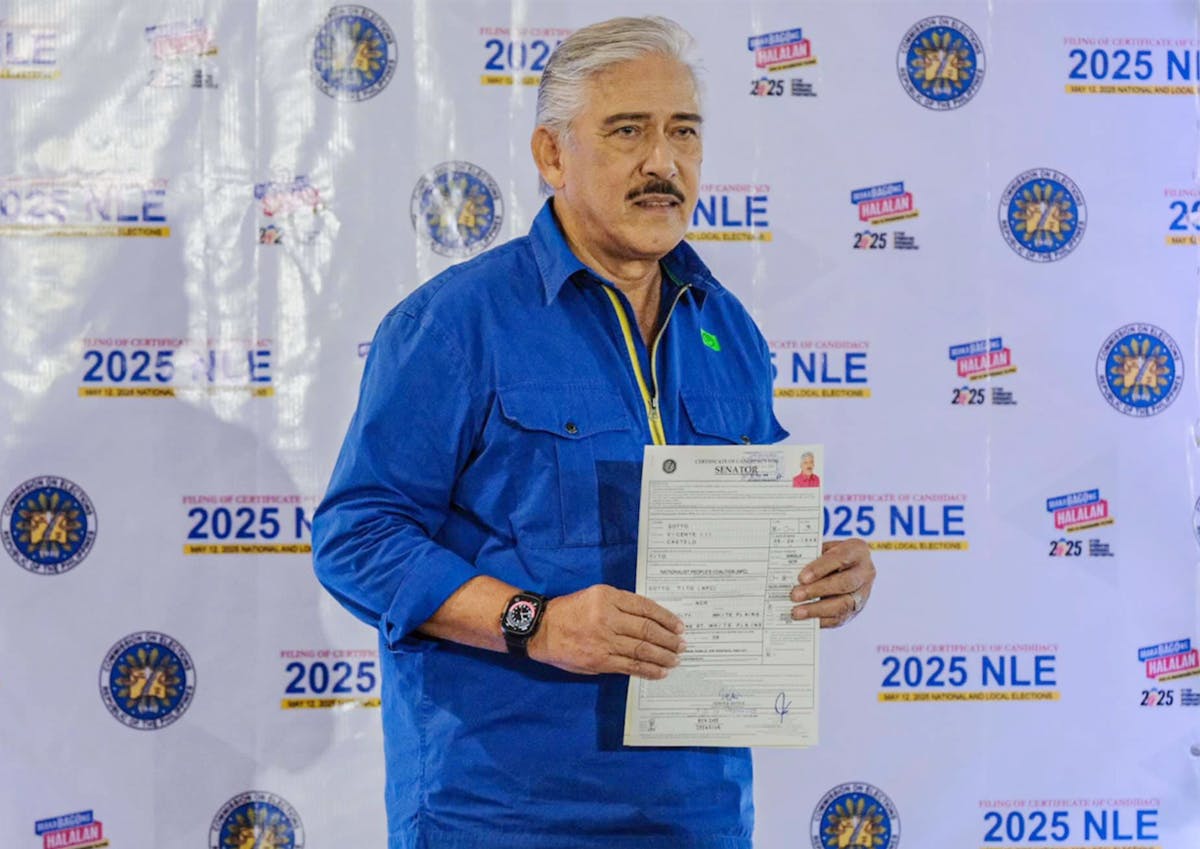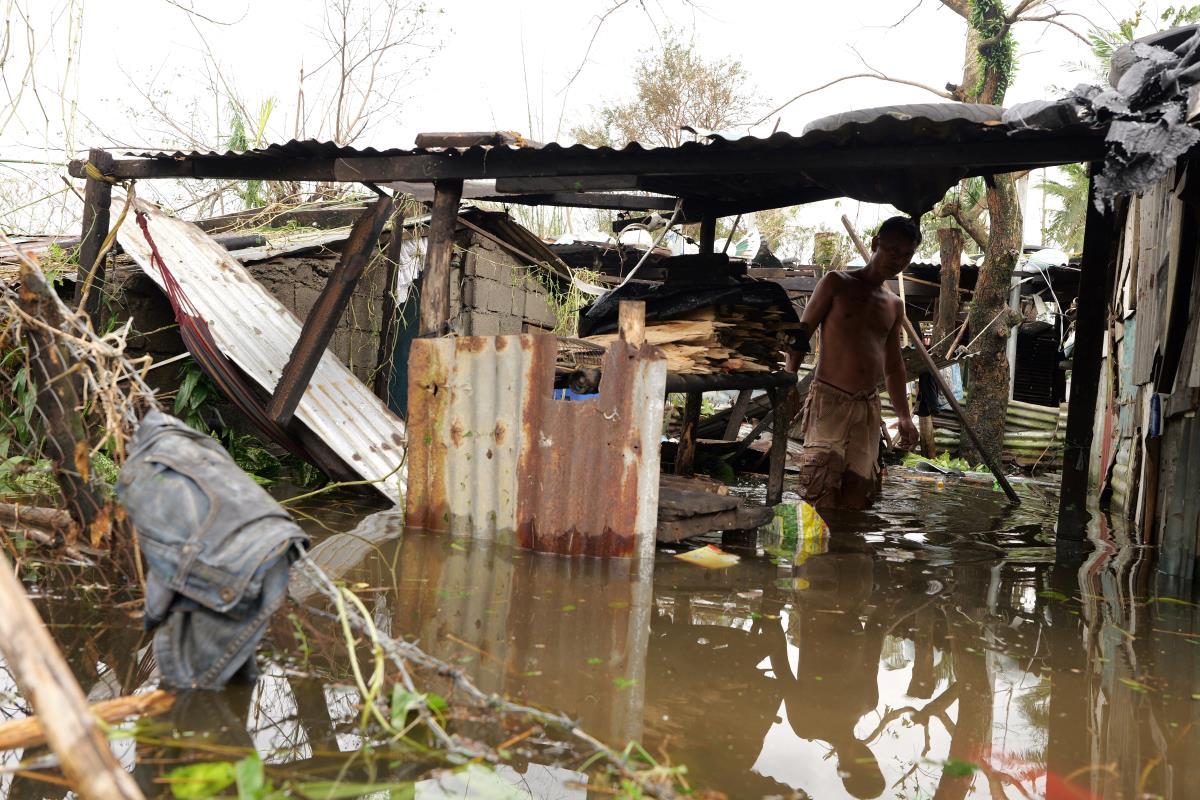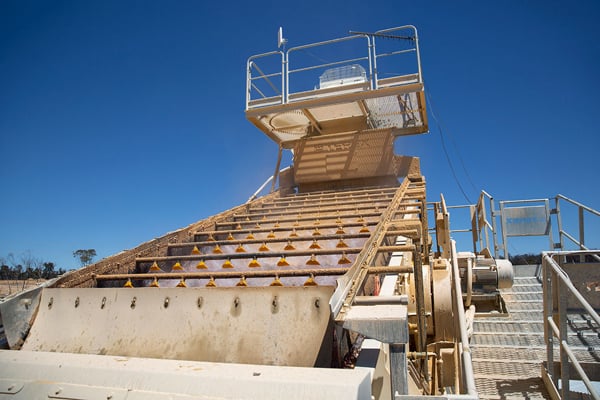
04 Aug, 2025
2 min read
Senator Sotto Proposes Creation of Presidential Drug Enforcement Authority to Overhaul Anti-Drug Efforts
Senate Minority Leader Vicente "Tito" Sotto III has refiled legislation that seeks to create the Presidential Drug Enforcement Authority (PRDEA), a new agency intended to revamp the government’s approach to combating illegal drugs.
The bill proposes the abolition of the Philippine Drug Enforcement Agency (PDEA) and the Dangerous Drugs Board (DDB), consolidating their functions into the PRDEA while amending the existing Comprehensive Dangerous Drugs Act of 2002 (Republic Act 9165), which Sotto originally authored.
In the explanatory note accompanying the bill, Sotto emphasized the need to update the law, stating, "The law, as presently formulated, needs retrofitting, so to speak, like any structure or machine in constant use for 23 years now." He underscored the importance of improved supervision in enforcement to develop more effective policies against illegal drugs.
Under the proposed measure, drug enforcement responsibilities currently held by PDEA will be reassigned to multiple agencies, including the Philippine National Police (PNP) through its Anti-Illegal Drugs Special Operations Task Force and other narcotics units; the National Bureau of Investigation (NBI) via its respective task forces; the Bureau of Customs through its specialized task forces; and the Armed Forces’ narcotics units.
The PRDEA would absorb existing operational units from PDEA as necessary to provide technical support within appropriate bureaus.
However, both PDEA and DDB have voiced opposition to the creation of the PRDEA, warning that adding a new agency might be counterproductive to the government's ongoing anti-drug campaign.
Sotto criticized the current strategy for focusing predominantly on enforcement and prosecution, which he claims has resulted in significant casualties and case dismissals. He argued that essential components such as prevention and rehabilitation, which involve the Department of Education and Department of Health, have been inadequately addressed.
He advocates for integrating the four key elements of the drug epidemic response—enforcement, prosecution, prevention, and rehabilitation—within a single supervisory agency to synchronize efforts and ensure accountability.
"Since these four must be in sync, a supervisory agency has to step in to monitor, coordinate and ensure that the concerned government agencies mandated to perform several duties under Republic Act No. 9165 are doing their mandate effectively," Sotto said.
The bill aims to overhaul and unify the government’s drug control efforts to enhance effectiveness and address the multifaceted nature of the drug problem more comprehensively.
Recommended For You

Memphis Grizzlies and Orlando Magic to Play Regular-Season NBA Games in Europe
Aug 04, 2025
Ana Marie Gonzales

Senator Lacson Criticizes P2 Trillion Flood Control Spending Amid Persistent Flooding Crisis
Aug 04, 2025
Ana Marie Gonzales

Aurora Provincial Government Provides Over P150,000 in Construction Materials for Community Repairs
Aug 04, 2025
Maria Santos

Russia Claims Seizure of Two Villages in Eastern Ukraine Amid Ongoing Fighting
Aug 04, 2025
Maria Santos
